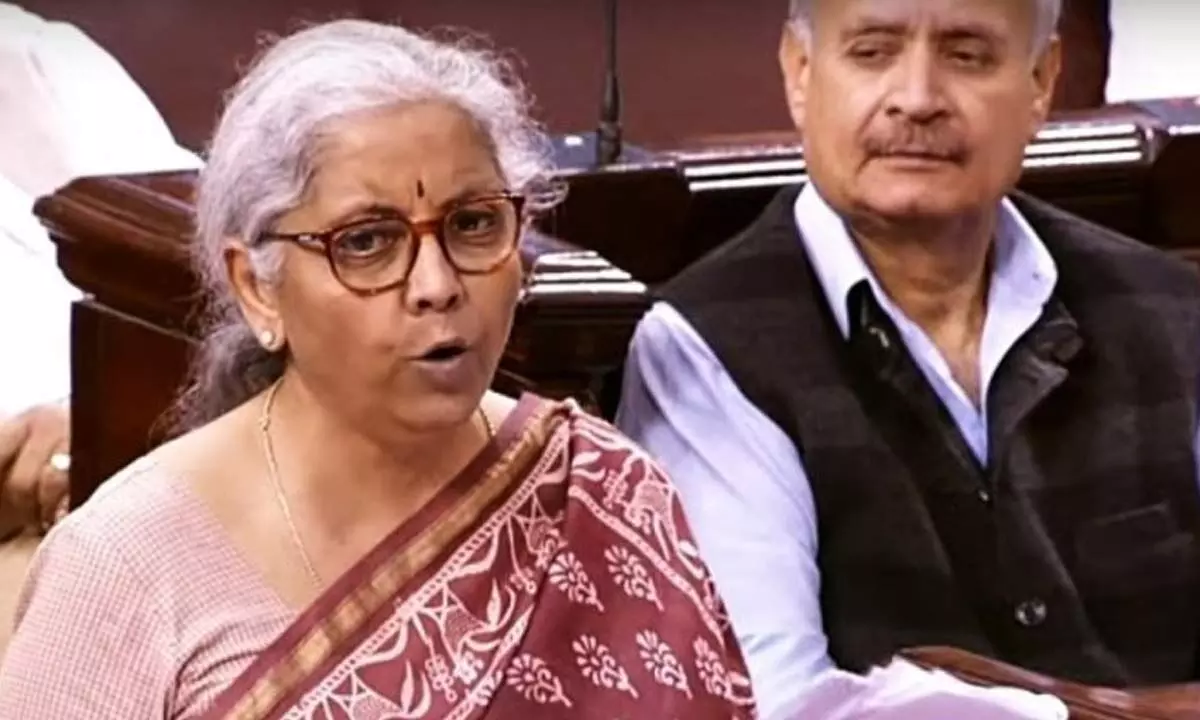New PSE Policy: Govt bars PSEs from buying State-owned companies
This move will go a long way in not just streamlining privatization, but also ensuring that the process is not reduced to a farce
image for illustrative purpose

The Finance Ministry's announcement that bars public-sector enterprises (PSEs), also called public-sector undertakings (PSUs), from buying other state-owned companies will go a long way in not just streamlining privatization but also ensuring that the process is not reduced to a farce. The announcement is part of a bold New PSE Policy.
PSEs buying PSEs has been going on for quite some time. In 2002, Indian Oil Corporation bought the government's 33.58 per cent equity in IBP, India's oldest standalone oil marketing company. IOC also picked up 20 per cent IBP equity through an open offer. Later, it purchased the government's residual stake through a public offer. Five years later, IBP merged into IOC; from a subsidiary of IOC, it became a division.
In January 2018, Oil and Natural Gas Corp (ONGC) bought the government's entire 51.11 per cent equity in another PSU, the oil refiner HPCL, for Rs 36,915 crore. In the same year, Life Insurance Corporation had taken over the state-run IDBI, a loss-making bank.
Such takeovers militate against the principle that the government wants to follow and that has been spelt out more than once by Prime Minister Narendra Modi: the business of government is not business. When PSU acquires another PSU, it actually pays money to the government, which helps it get near the disinvestment target and bridge the fiscal deficit.
This, however, does nothing to take government out of business. Also, the sold PSU remains mired in the public sector culture: red tape, political interference, unionized labor, and so on. The potential of the company doesn't get tapped. Against this backdrop, the Department of Investment & Public Asset Management (DIPAM) has issued a statement, "As a general policy, Public Sector Enterprises (PSEs)[Central/State/ Joint]/State Governments/Cooperative Societies controlled by the Governments (i.e. where 51 per cent or more ownership is by the Central Government/State Governments/Jointly by Central and/or State Governments) are not permitted to participate in the strategic disinvestment/privatization of other PSUs as bidders unless otherwise specifically approved by the Central Government in the public interest."
In this statement, DIPAM delineated four broad strategic sectors based on the criteria of national security: energy security, critical infrastructure, provision of financial services, and availability of important minerals. It may be mentioned here that during the Atal Bihari Vajpayee regime, when privatizations happened first, Railways was regarded as a strategic sector. Which means that the scope of privatization has expanded.
DIPAM has also unambiguously pointed out that in general, "PSEs suffer from the constraints of fresh capital infusion, lack of innovation, modern technology, and the ability to diversify services and production. Due to multiple systems for accountability, these enterprises are commercially risk-averse and lack adaptability in a dynamic business environment. As a result, the useful productive assets remain locked in such PSEs resulting in the sub-optimal realization of valuable economic opportunities." Rarely, if ever, such bold remarks were made by either a government document or minister.
"To realize the mission of New, Self-reliant India," the DIPAM statement went on, "the PSE policy intends to minimize the presence of Government in the PSEs across all sectors of the economy and to make available newer investment opportunities for the private sector, so as to allow infusion of private capital, technology, innovation, and best management practices so that post-privatization growth of PSEs may generate higher economic activities resulting in new job opportunities and growth of the ancillary industries."
Thereby, it added, the transfer of management control from the government to any other Government Organization/State Government may continue the inherent inefficiencies of the PSEs and this will defeat the very purpose of the New PSE Policy. The declaration of the New PSE Policy is surely welcome. It, however, remains to be seen how it gets implemented.

